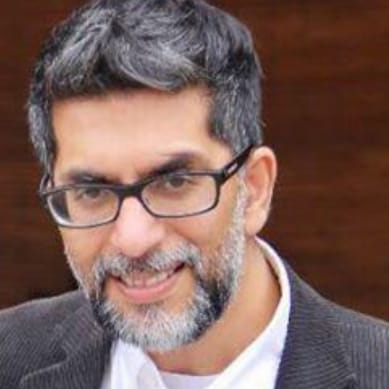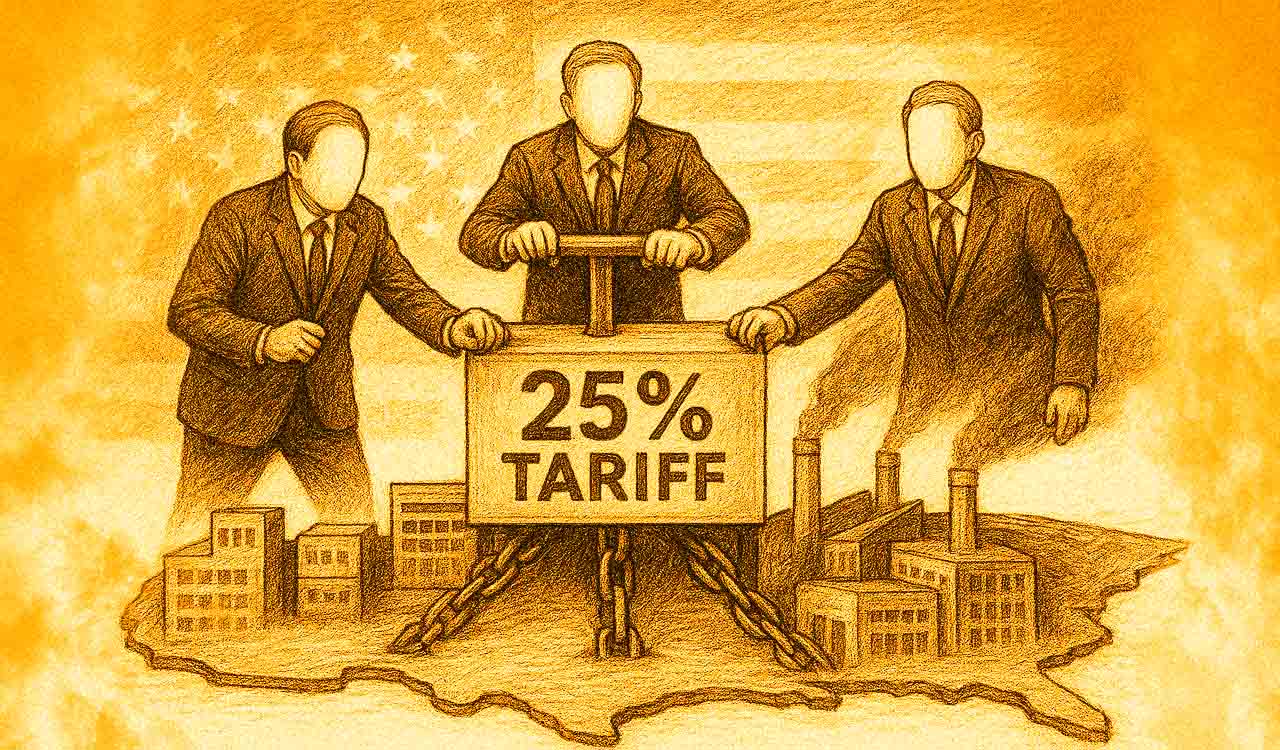By Ali Khizar
Copyright brecorder

Pakistan and Saudi Arabia’s signing of a strategic mutual defense agreement has great symbolic value for both countries, and perhaps for other Gulf countries to consider entering into similar pacts with Pakistan. Optics are powerful.
Saudi Arabia always had an implied guarantee from Pakistan. The question is why the kingdom needed this to be made public. Is it to show deterrence against Israel’s unhinged aggression in the region? Or, to seek active support against other threats to the kingdom from Iran and its allies?
The statement says that any aggression against either country shall be considered an aggression against both. Does this imply that any attack by India on Pakistan will be considered an attack on Saudi Arabia? Would Israel perceive Pakistan as a direct threat?
Well, the fine print is not in the public domain. Most analysts and officials commenting on it know little or no details. Nonetheless, the pact is welcomed by the government and opposition alike. PTI is supporting it, and public sentiment is always in support of Saudi Arabia.
Logically, Saudi Arabia has financial resources, while Pakistan is strong militarily. The former needs defence support, while the latter is always in search of dollars. In the short to medium run, it seems a win-win. However, globally, we are living in mysterious and unpredictable times. The usual norms may not work, and things can change at any time.
What is important is to gauge the economic impact. Historically, Pakistan’s economic model relied on geopolitical rents, which allowed the country to muddle through financially while the economy struggled to adapt to today’s global realities. Lately, after the US exit from Afghanistan, geopolitical rents started drying up. Chinese economic support has stalled as well since the completion of CPEC Phase 1.
The announcement of a defence partnership with the Saudis indicates the return of geopolitical rents. The difference is that, in the past, Pakistan used to extract these rents from the US for fighting its war in Afghanistan. Now the tilt is shifting toward the Middle East. That could bring China into the equation as well, since Pakistan largely relies on Chinese military equipment and technology, which in turn gives comfort to GCC countries that cannot rely solely on the US.
Will this help Pakistan get out of the low-growth equilibrium? The economic size is growing, and the financial help requirements from friends are growing too. Saudi Arabia has almost always bailed Pakistan out in the past. In the 1990s, a $400 million loan was waived, and we received a free oil facility. In the 2010s, we got a $1.5 billion gift with the expectation to fight against Yemen, which we did not.
Now we have $3 billion in Saudi deposits in the SBP, on which we are paying 4 percent interest, while we cannot use the money. One might imagine that this money will become a gift, and the government may be allowed to use it fiscally. That would be a $3 billion stimulus, but even that might not be enough.
What Pakistan requires is an overall economic overhaul. The jolt in 2022–23 was one of the hardest. That should have been the wake-up call. There has been continuity in the regime structure over the past three years under the current hybrid setup in one way or another. Had there been any coherent reform plans, this might have been the time to reap benefits. If governance in state-owned entities, especially in the energy value chain, had improved and the sector had been deregulated, these could now be up for grabs, and the country could attract foreign direct investment.
However, the reality is that the Saudis have withdrawn from the Reko Diq investment, and many other projects are still not bankable. We did not have anything to offer then, and we still do not have any financially viable deal on the table.
If history is any guide, geopolitical rents tend to be relatively short-term, while the security and other related commitments linger much longer. At the very least, Pakistan should learn from past mistakes and ensure that adequate economic gains are secured in exchange for the security support it routinely offers. That is not happening.
In the words of a retired and seasoned bureaucrat, we may be selling ourselves too cheaply. We did so in the past, and history may repeat itself. The bottom line, in the words of an economist, is that we remain oblivious to reforms and keep waiting for geopolitical rents.
Pakistan has seen alliances come and go, with temporary booms that eventually turned to bust. It has witnessed numerous so-called game-changers that, in the cold light of day, came to nothing. Each has allowed the regime to bask in hollow triumph. The latest bout of euphoria threatens more of the same. Unless lessons are learned from history and bold reforms are undertaken, Pakistan risks repeating this costly cycle of dependency and missed opportunity.
Copyright Business Recorder, 2025



